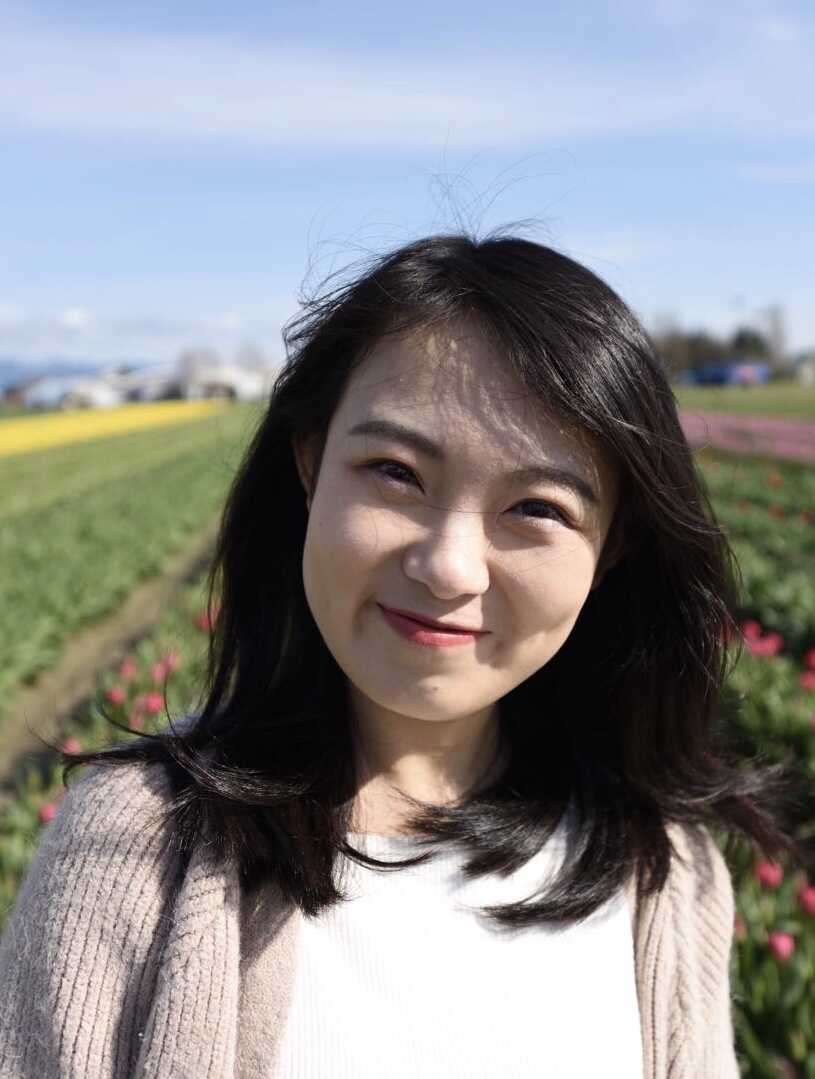People
Faculty

Chris Bail
Chris Bail is Professor of Sociology and Public Policy at Duke University where he directs the Polarization Lab. He is also affiliated with the Interdisciplinary Data Science Program, the Duke Network Analysis Center, and the Duke Population Research Institute. His research examines political polarization, culture and social psychology using tools from the field of computational social science. He is the author of Terrified: How Anti-Muslim Fringe Organizations Became Mainstream.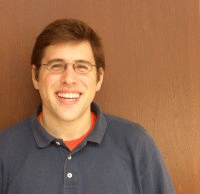
Matthew Salganik
Matthew Salganik is Professor of Sociology at Princeton University, and he is affiliated with several of Princeton's interdisciplinary research centers: the Office of Population Research, the Center for Information Technology Policy, the Center for Health and Wellbeing, and the Center for Statistics and Machine Learning. His research interests include social networks and computational social science. He is the author of Bit by Bit: Social Research in the Digital Age.Speakers

Dan Ariely
Dan Ariely is the James B. Duke Professor of Psychology and Behavioral Economics at Duke University and a founding member of the Center for Advanced Hindsight. His studies decision-making and behavioral economics with applications to financial decisions, health and many other issues.
Elizabeth Bruch
Elizabeth Bruch is an Associate Professor in Sociology and Complex Systems at the University of Michigan, and an External Faculty Member at the Santa Fe Institute. She leads the Computational Social Science Initiative at the University of Michigan, and her research focuses on the quantitative study of human behavior, with applications to online dating and residential preferences.Teaching Assistants
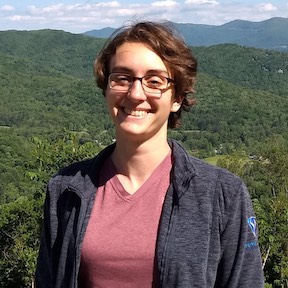
Aidan Combs
Aidan is a PhD student in sociology at Duke University. She uses computational methods to study gender, discourse, and social influence. Her current work uses data from a messaging app to investigate processes of identity discernment and influence in anonymous conversation about politics.
Emily Maloney
Emily Maloney is a PhD candidate in sociology at Duke University. Emily uses computational, relational, and experimental methods to investigate questions concerning identity and emotion processes. Her current work focuses on the role that humor plays in the acquisition of extreme identities and beliefs.
Graham Tierney
Graham Tierney is a Ph.D. student in Statistical Science at Duke University. His research interests include applications of statistics to questions in social science, particularly those involving politics. He currently works on causal inference for text data, particularly in the context of social media. He previously worked as an analyst at Cornerstone Research, helping to prepare expert testimony on civil litigation regarding financial regulation, anti-trust issues, and labor market discrimination. Then, he worked for Professor Steven Levitt as a Research Professional at the University of Chicago, assisting with research projects about early childhood education, campaign spending, and the psychology of perseverance.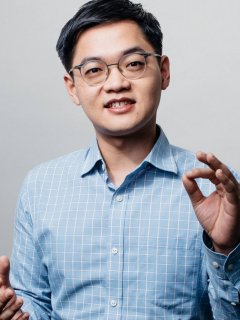
Robin Lee
Robin Lee is a first-year PhD student in sociology at Princeton University. Robin studies digital communication, social networks, and social movements. He was previously a senior data analyst at the New York Times where he did experimental design research on format messaging and best practices for reproducible data analysis.
Ian Lundberg
Ian Lundberg is a PhD candidate in sociology and social policy at Princeton University. Ian studies stratification and inequality. His desire to produce conceptually precise substantive claims that rest on credible assumptions often lead him toward computational and machine learning methods and the development of new approaches.Participants

Deena Abul-Fottouh
Deena Abul-Fottouh is an Assistant Professor in the Human Centered Data Science Concentration at the Faculty of Information at University of Toronto. Deena earned her PhD from McMaster University. She specializes in computational sociology, data science, and digital media analytics. Her research interests include big data analytics, digital activism, and political sociology. Her expertise is in social network analysis and digital methods. While at McMaster she was the recipient of the prestigious Vanier Canada Graduate Scholarship, a scholarship given to world-class doctoral students who have demonstrated leadership skills and a high standard of scholarly achievement. While at MAC, she was also a fellow of the Sherman Center for Digital Scholarship. Upon her graduation, Deena was awarded the 2017 Outstanding Graduating Student Award from the Canadian Sociological Association for her research that examined Twitter networks of activists during the 2011 Egyptian revolution and how the movement turned from solidarity to schism. After completing her PhD, Deena got certified in data analytics, big data, and predictive analytics from Ryerson University. She has worked as a Postdoctoral Research Fellow on various digital media projects at the Social Media Lab at Ryerson University. Deena has also worked as a Senior Research Specialist with the United Nations Development Programme.
Abeer Aldayel
Abeer is a Ph.D. student at the University of Edinburgh, School of informatics. Abeer's area of research is Computational Social Science, where she studies stance detection and how the stance is being modeled in Social Media, with a focus on online social behavior.
Alejandro Beltran
Alejandro Beltran is a PhD candidate at the School of Government and Public Policy at UArizona. His dissertation identifies the institutional and political determinants of corruption investigations performed by subnational audit agencies in Mexico. A separate research agenda explores the diversification of drug trafficking organizations into fentanyl and its effect on violence. As a computational social scientist, he uses machine learning and NLP to generate quantitative measures of these phenomena from text in Spanish. Alejandro completed his undergraduate studies in Public Policy at the Universidad Autónoma de Sinaloa.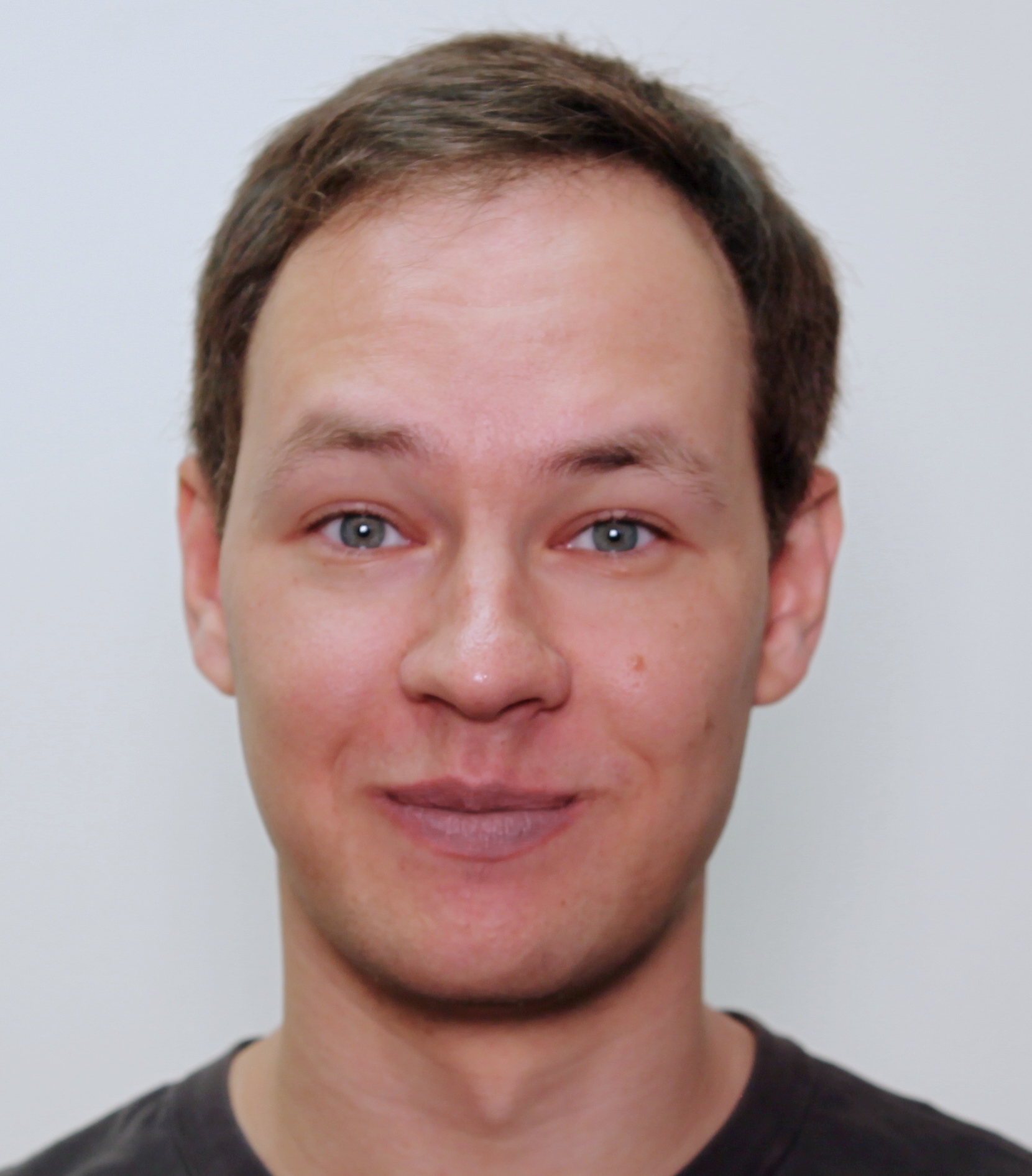
Nick Buttrick
Nick Buttrick is a Postdoctoral Research Associate in the Woodrow Wilson School of Public and International Affairs at Princeton University. I received his Ph.D. in Social Psychology from the University of Virginia in 2020. My research focuses on the intersection of the real world and the psychological theories we use to describe it, using a socioecological approach to understand contemporary society. I examine how structural, demographic, geographic, cultural, and historical factors create individual psychology in real-world contexts, trying to understand peculiarly American beliefs, such as the protective utility of firearms, the blame that comes from thinking that hard work alone is all that is needed for success, and the effects of slowing American residential mobility.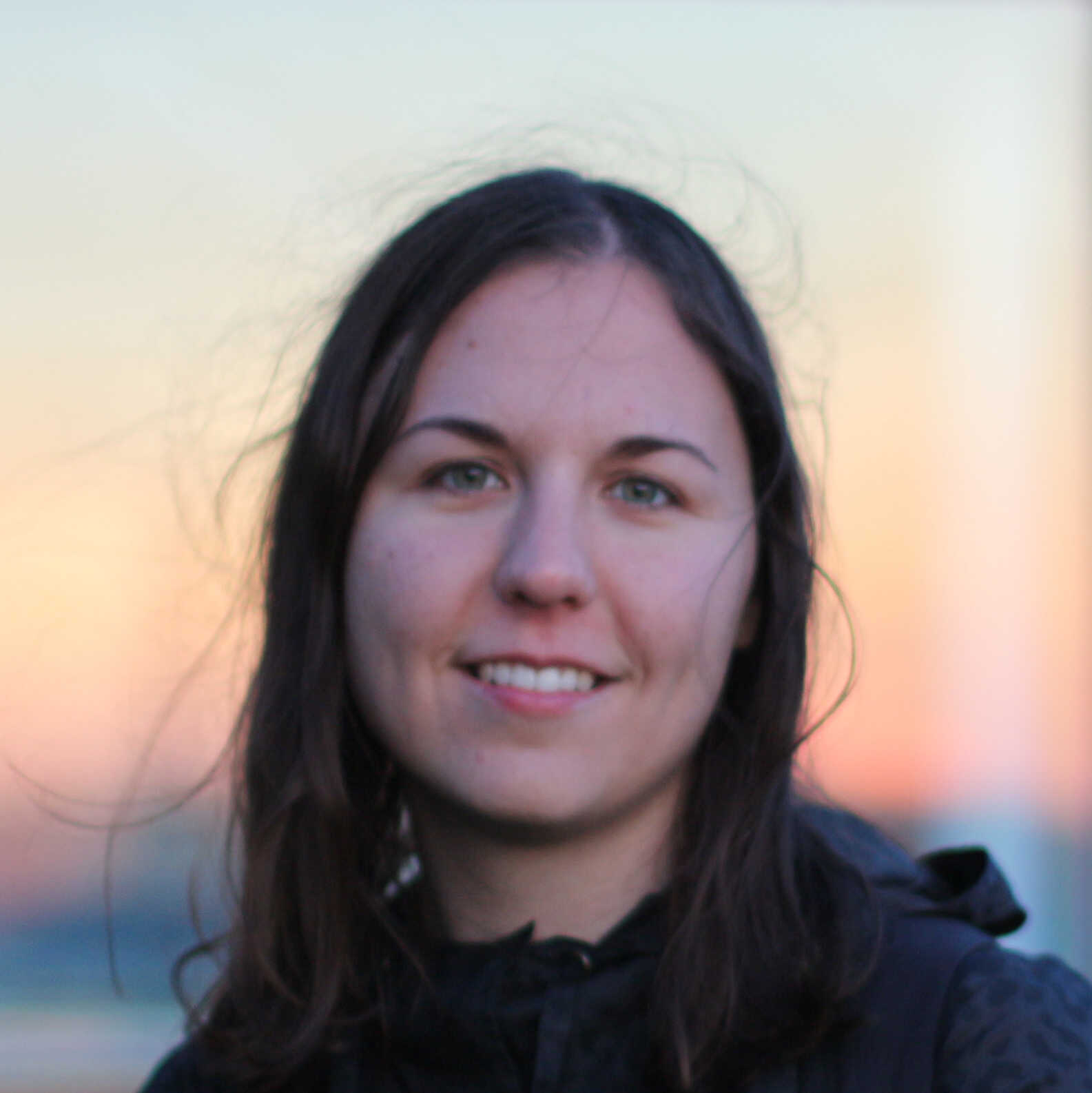
Anna Evtushenko
Anna Evtushenko is a second-year PhD student in Information Science at Cornell University. She is broadly interested in Computational Social Science—data analysis, simulation and theory—and is currently working on extending the notion of homophily in networks. She got her Bachelor's degree in Mathematical, Computational, and Statistical Sciences at Yale-NUS College in Singapore, graduating as part of the first class. She is originally from Russia.
Carlos Fernández-Loría
Carlos is a PhD candidate in Information Systems at NYU Stern School of Business. His dissertation examines the circumstances in which good intervention decisions can be made using machine learning models, even if the models are problematic for causal-effect estimation. This has important implications because acquiring data to estimate causal effects accurately is often complicated and expensive, and results are often better when modeling intervention decisions rather than causal effects. He has also conducted work studying referrals in the ride-sharing industry; the interpretability of data-driven decions made by AI systems; and the combination of observational and experimental data to improve the intervention decisions made by machine learning models.
Kelsey Gonzalez
Kelsey E. Gonzalez is a PhD Candidate in the School of Sociology at the University of Arizona. Her research focuses on computational methods, traditional statistical methods, and social network analysis in connection to thematic interests in the social determinants of physical and mental health and illness, racial and panethnic identities, and discrimination. A few of her current projects include (1) developing a method to visualize multinomial logistic regression coefficients using agglomerative hierarchal clustering and heatmaps, (2) a study of meso-level behavioral contagion and geographic social interconnectedness, (3) A computationally driven analysis of the online cultural logics of bodily transformation, and (4) investigating the moderating role of social network composition on the social support & health relationship. Outside of her research, she is a UArizona Data Science Ambassador, a Carpentries instructor and lesson maintainer, and an avid R user.
Qiwei Han
Qiwei Han is currently an Assistant Professor of Data Science and Business Analytics at Nova School of Business and Economics (Nova SBE), Portugal. He is an affiliated faculty with the Data Science Knowledge Center of Nova SBE. He received Ph.D. in Engineering and Public Policy and M.S. in Information Networking from Carnegie Mellon University. His research is at the intersection of econometrics and machine learning, using complex data-driven approaches on a variety of projects with societal impacts. He served as the Technical Mentor for Data Science for Social Good Europe program jointly offered by Nova SBE and the University of Chicago in 2017 and 2018.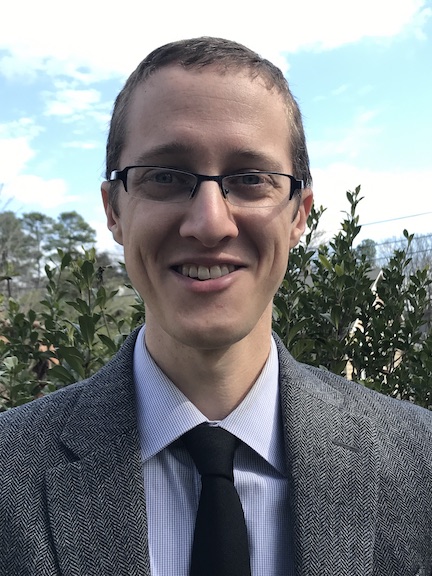
Cole J. Harvey
Cole J. Harvey is a 2019-2020 research fellow in the Center for Russia, East Europe, and Central Asia at the University of Wisconsin-Madison. He received his PhD in political science from the University of North Carolina – Chapel Hill in 2019. His work has been published in Electoral Studies, Democratization, Europe-Asia Studies, and Government and Opposition. Prior to his graduate study, he was a Herbert Scoville Fellow and policy researcher in Washington DC, with a focus on nuclear disarmament and nonproliferation issues. Beginning in fall 2020, he will be an Assistant Professor in the Department of Political Science at Oklahoma State University.
James Houghton
James Houghton is a PhD student in the Sloan School of Management at MIT. His research combines agent-based and compartmental modeling with online networked experiments to explore social contagion, polarization, and collective sensemaking. His recent work explores the effect of interaction between diffusants on macro-scale patterns of diffusion.
Michelle Irving
Michelle Irving is a PhD student in the Political Science program at Rutgers University. Her research focuses on gender and politics, political behavior and political communication broadly. Her work draws on a range of methods including surveys, experiments and text analysis to understand how political candidates’ self-presentation and personal experience shape the way they engage with politics and voters. Prior to coming to Rutgers, Michelle completed her M.A. in Political Science at Memorial University in Newfoundland and worked in communications for the Calgary (Canada) municipal government.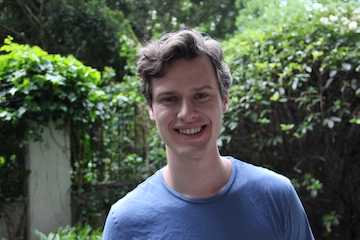
Jonne Kamphorst
Jonne Kamphorst is a PhD candidate in Political Science at the European University Institute. He earned an MPhil in Comparative Politics from the University of Oxford and an MSc in Political Sociology from the London School of Economics. Jonne's main research interests are voting behavior, political parties, polarization, and elections. His PhD project focuses on cleavages in previously homogeneous groups of voters and examines how such new divisions impact voter decision-making, parties, and party systems. His work draws on a combination of quantitative methods, specifically text-as-data, causal inference, and experiments.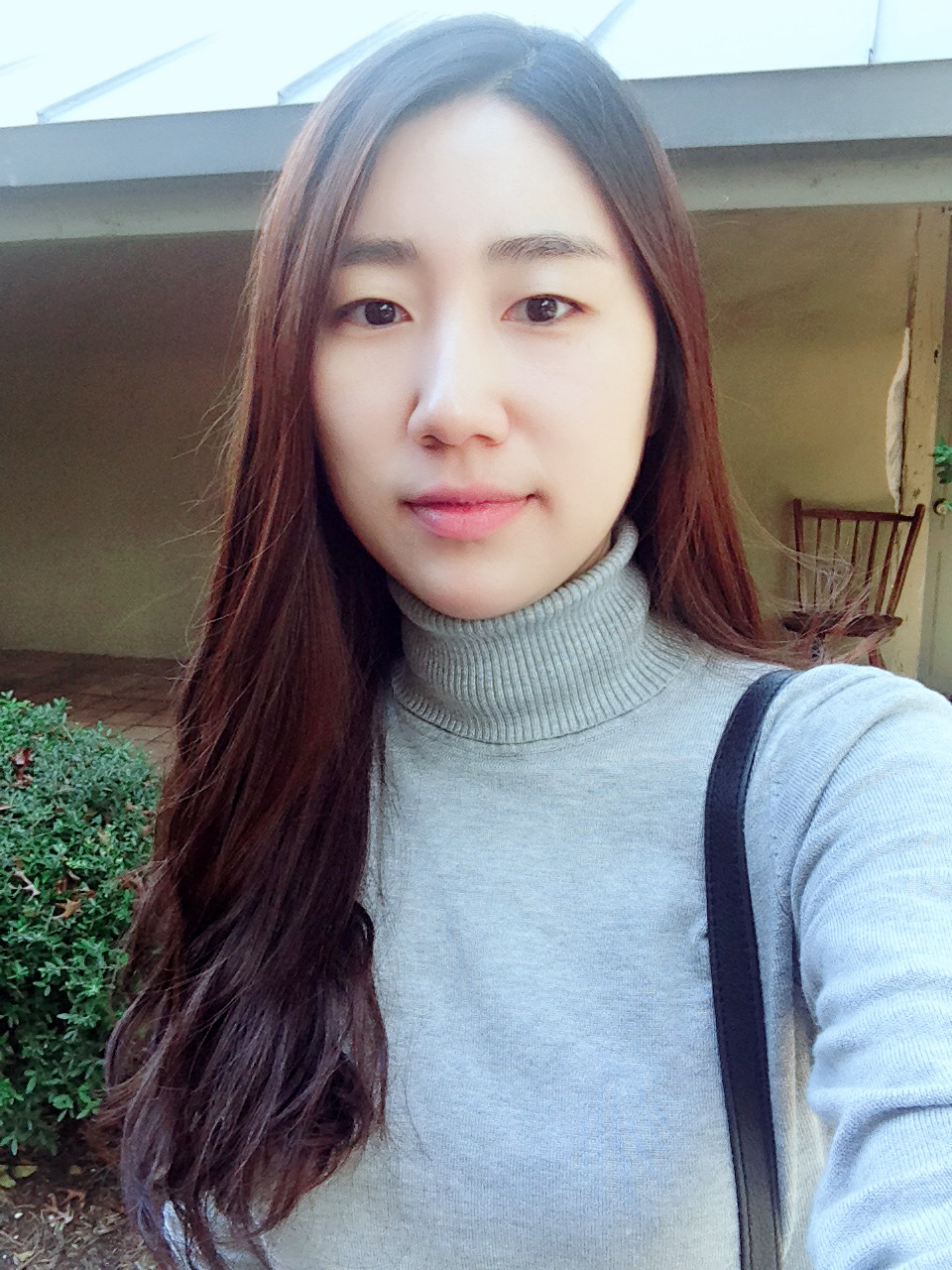
Yujin Kim
Yujin Kim is a doctoral student in communication studies at the University of Texas at Austin and a research associate at the Center for Media Engagement. Her research focuses on political polarization and computational analysis of language in political discourse. Yujin's dissertation examines how polarization can be understood as resulting from the interplay between toxic political language and individuals’ partisan identity.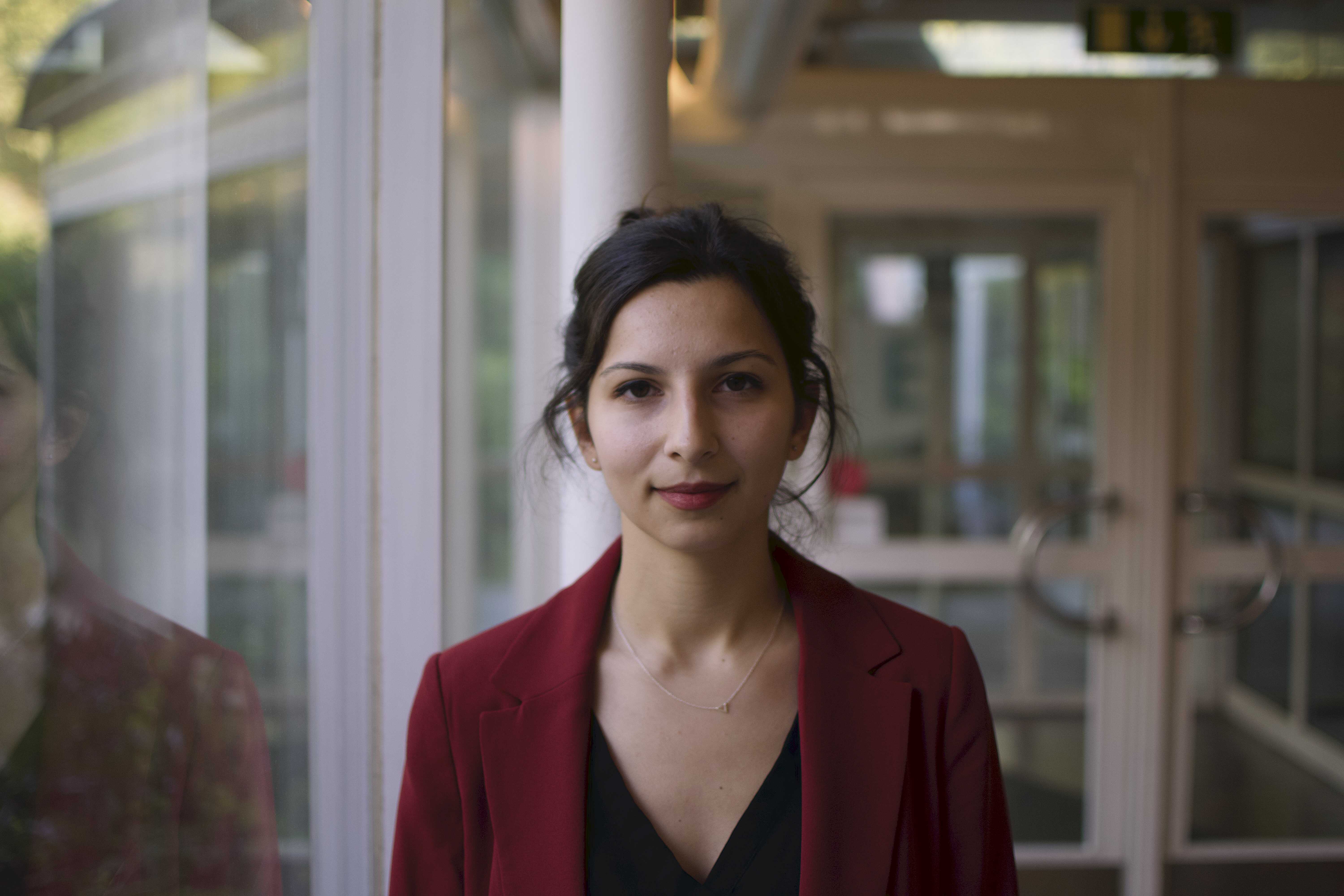
Zeynep Melis Kirgil
Zeynep Melis Kirgil is a PhD Student in Sociology at Stockholm University. Her area of research is the sociology of social norms. She uses mixed methods to link computational text analysis with survey data in order to investigate the effect of discursive constructions of solidarity in local newspapers on solidarity norms. Other research interests include social inequality, networks and behavior in small groups. She completed her undergraduate studies in Sociology at Leipzig University and obtained a Master’s degree in Behavioral and Social Sciences at the University of Groningen.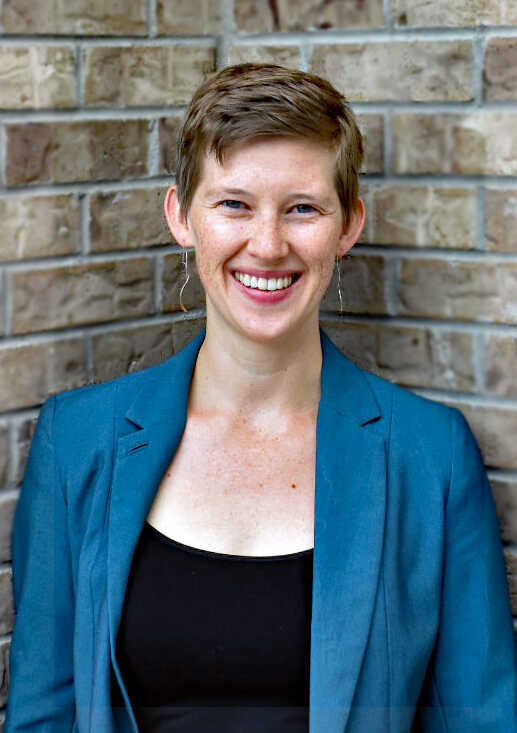
Sarah Ariel Lamer
Sarah Ariel Lamer is an Assistant Professor of Social Psychology at the University of Tennessee-Knoxville. She earned her Ph.D. in Social, Affective, and Cognitive Psychology from the University of Denver. Her primary research interest is in examining the ways that social inequity develops and is maintained in sociocultural environments. Specifically, she studies patterns present in the subtle features of frequently-encountered environments.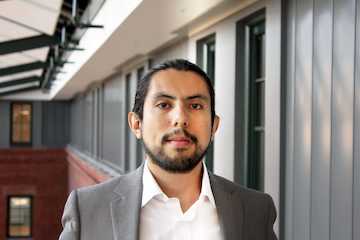
Diego F. Leal
Diego is an Assistant Professor of Sociology at the University of South Carolina. He applies systems science methods, particularly network analysis and agent-based models, to the study of international migration and network-based inequalities. In particular, he focuses on the relational determinants of health and ethnoracial disparities. He also studies Latin American societies in several of his papers.
Nicolas Legewie
Nicolas Legewie is a postdoctoral visiting fellow at the Sociology Department, University of Pennsylvania. His substantive research focuses on the role of social environments, such as personal and neighborhood networks, on educational and occupational attainment, and on upward mobility. In his methodological work, he has worked on digital social research, especially on video data analysis, redesigning digital survey tools, and smartphone-based Experience Sampling to study personal network dynamics. In one if his current paper projects, Nicolas uses quantitative text analysis of large-scale geo-coded Twitter data, in combination with county-level census data, to study the impact of heterogeneity in cultural models of education and occupation in counties on individuals’ college enrollment and completion.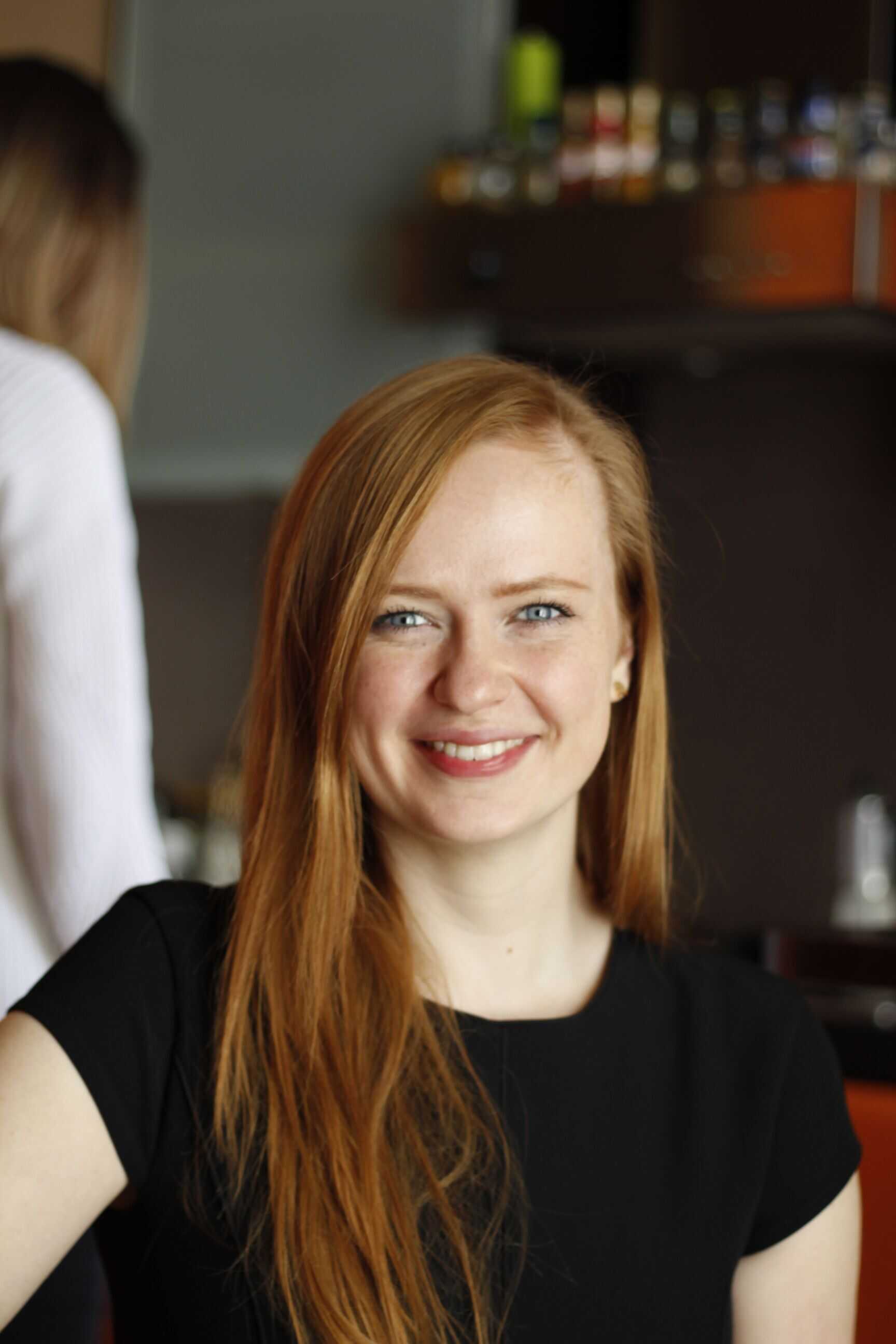
Rūta Liepiņa
Rūta Liepiņa is an Assistant Professor in Digital Legal Studies at the Maastricht University and an active member of the Law & Tech Lab. Her current research lies in the intersection of legal reasoning, argumentation, and decision-support systems. She is a PhD Candidate in Law at the European University Institute and her thesis focused on modelling and assessing causal arguments in torts decisions. She is also interested in consumer empowerment through AI and data science applications.
James Martherus
I am a PhD candidate in the Political Science Department at Vanderbilt University. My general interests are partisanship, political polarization, and political psychology. My dissertation project examines social group norms in the partisan context. Specifically, I answer the questions - do Republicans and Democrats adhere to different social norms? Have these partisan norms changed over time? How do partisan social norms affect political attitudes and behaviors? My other major project examines partisan dehumanization - an extreme form of affective polarization associated with political violence. In general, I use surveys, experiments, and various text analytic methods to study these topics.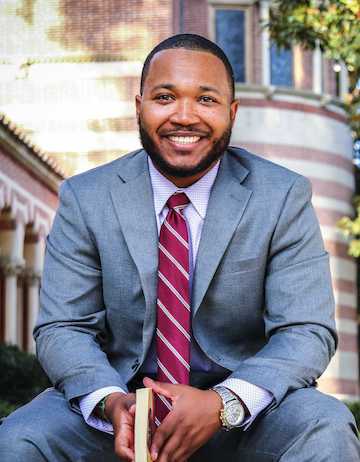
Demetrius Murphy
Demetrius Murphy is a Ph.D. student in the Department of Sociology at the University of Southern California. He earned his B.A. in Management Consulting and Africana Studies at the University of Notre Dame and his M.A. in Latin American Studies at Vanderbilt University. His research interests lie in the areas of race and ethnicity, economic sociology, and urban sociology, focusing in particular on the black middle class, entrepreneurship, and migration in the United States and Brazil. His current project examines boundaries, mobility, and travel among the Black middle class.
Rida Qadri
in Urban Information Systems at Massachusetts Institute of Technology. My interests lie in empirically exploring how digitization unfolds in non-western urban spaces, asking what changes, where and for whom? In my research I play with a variety of methods, merging spatial analytics, computational social science, field-based interviews and embedded observations. For my dissertation project I study the transformation of urban mobility markets in Jakarta and Bangkok through the entry of digital platforms like GoJek and Grab. Combining the granularity of big data and the contextualizing powers of qualitative research, I examine how digital workers can create collective structures of solidarity, resist the governance regime of the platform and even transform the functioning of the platform. As my work shows though these outcomes are not determined or random, but instead arise out of complex interactions between possibilities created by technology, worker agency and social norms.
Matthew P. Robertson
Matthew P. Robertson is a PhD student in the School of Politics and International Relations at the Australian National University. His doctoral research uses computational methods and process tracing to study China's organ transplantation industry. His work seeks to answer empirical questions, while also using the case to explore the political logic of state control over citizen bodies in the PRC.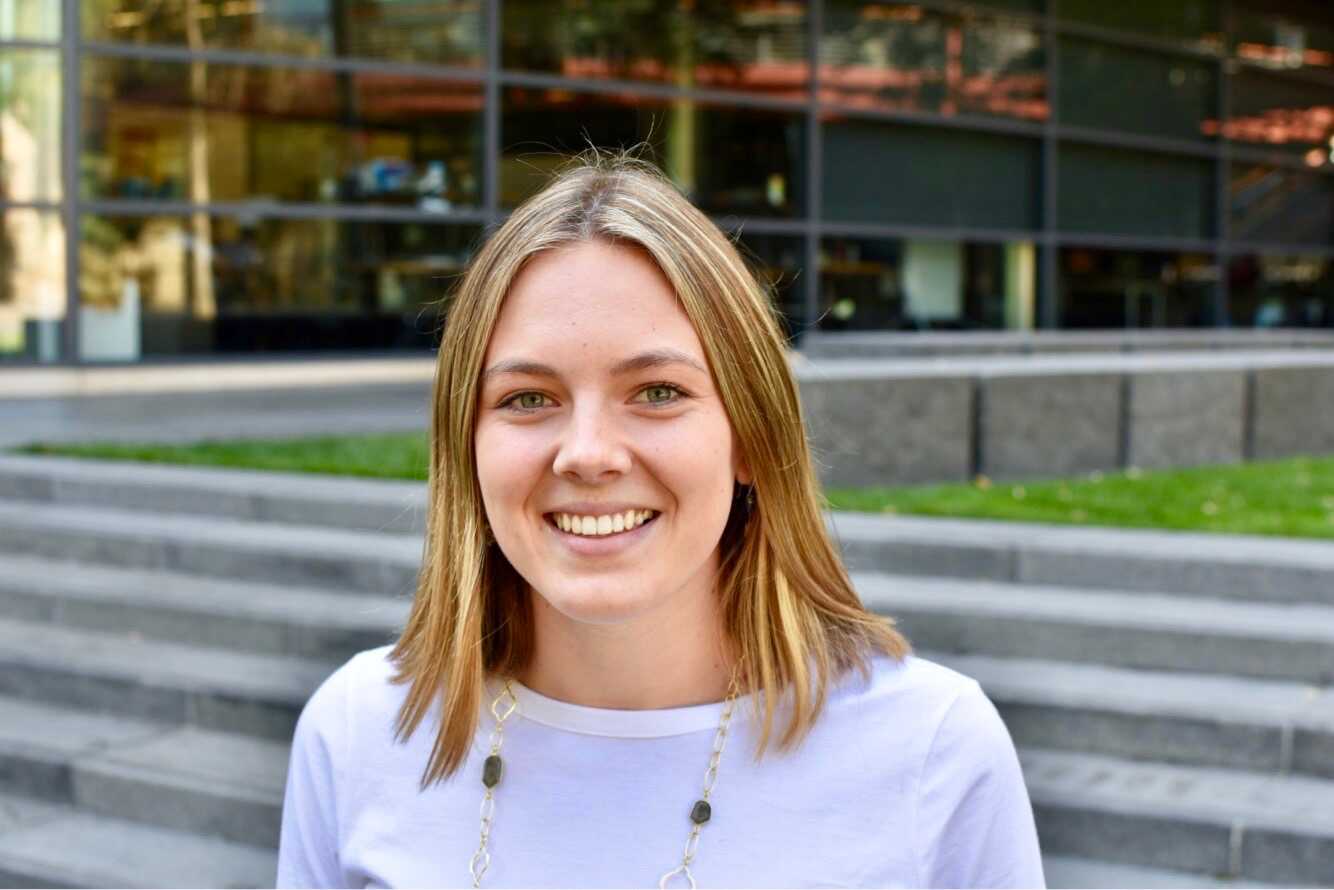
Samantha Robertson
Sam is a PhD student in Computer Science at UC Berkeley working at the intersection of human-computer interaction and machine learning. Her research interests include computational social choice, participatory design (especially applied to AI/ML), social computing and data ethics. She is interested in how these topics can inform the design of algorithmic systems that support, rather than replace, individual and collective human decision-making. In current projects she has been applying this perspective to studies of machine translation systems and mechanism design for public school assignment.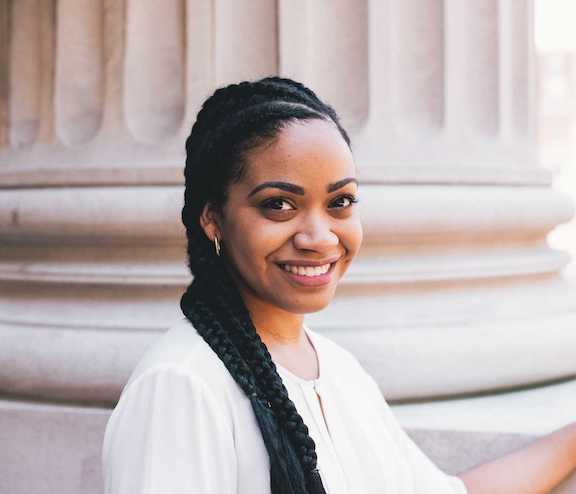
Amber Spry
Dr. Amber Spry is an Assistant Professor in the Department of Politics and the Department of African and African American Studies at Brandeis University. Amber's research examines the relationship between identity and political attitudes and behavior. She uses innovative survey design methods to demonstrate how inferences about group political attitudes may differ depending on how individuals are asked to self-identify. In 2015-2016 Amber was a visiting scholar at the Massachusetts Institute of Technology, and her work has been supported by the National Science Foundation and the Russell Sage Foundation. Amber earned her Ph.D. in Political Science at Columbia University.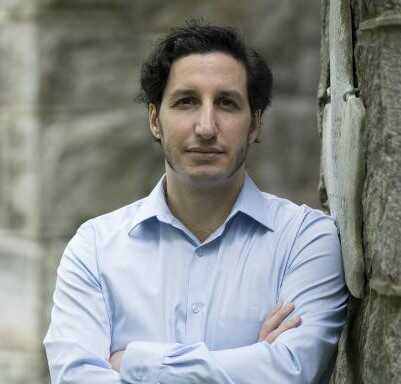
Dror Walter
Dr. Walter’s research is centered on the intersection between classic media effects theories, and novel computational social science methods. His research addresses the ways computational methods such as network analysis, unsupervised machine learning, and supervised machine learning can aid in the identification and measurement of frames in online political communication. He applies these methods and theories to the study of misinformation campaigns (in health and politics), international communication, political extremism, and election campaigns.
Mark Whiting
Mark Whiting builds systems to study and scaffold improved collaboration. He is a postdoc under Duncan J. Watts in both Computer & Information Science in Engineering and Applied Science and Operations, Information and Decisions at Wharton at U Penn. He was previously a postdoc under Michael S. Bernstein in the HCI group in Computer Science at Stanford. He holds bachelor’s and master’s degrees in Industrial Design from RMIT and KAIST respectively, and a PhD in Mechanical Engineering from CMU.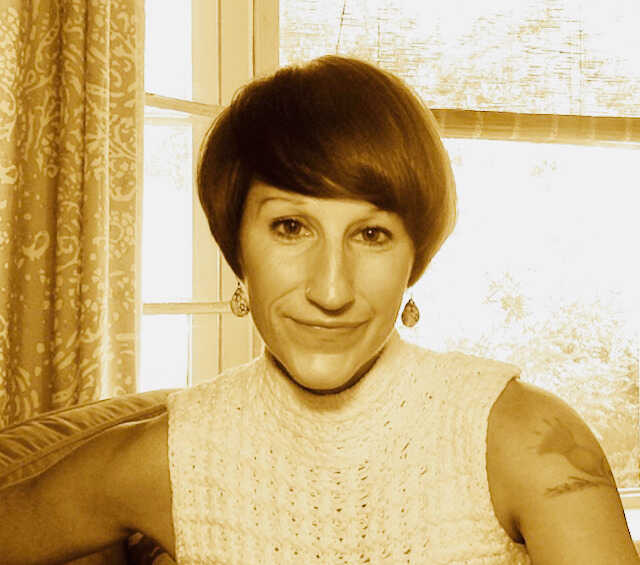
Lindsay Young
Lindsay (she/her/hers) is an Assistant Professor in the Annenberg School for Communication and Journalism at the University of Southern California. Her works sits at the intersection of public health, social networks, and communication studies and focuses on the social network and communication mechanisms of health disparities and health care engagement in underserved, resource-restricted populations. Her current research, supported by a NIH Career Development Award, explores the social and communicative contexts of young sexual and racial minorities that impact their HIV prevention and risk engagement, with an emphasis on leveraging online social networking data to these ends. She aims to apply insights from this research to develop culturally appropriate network-based health prevention interventions that leverage peer influence and support processes. Lindsay was a postdoctoral scholar with the Chicago Center for HIV Elimination at the University of Chicago. She received her Ph.D. from the Department of Communication Studies at Northwestern University in 2014.